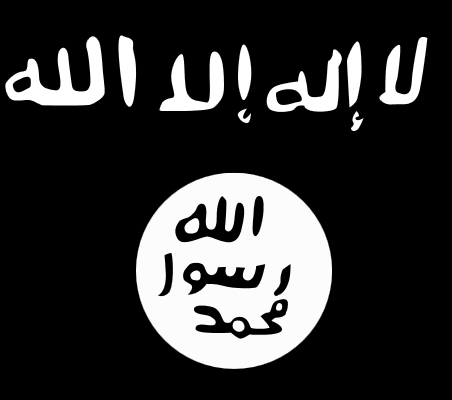Executive Summary
This reports examines the 2002 Bali bombings in Indonesia, focusing on the roles played by Indonesian and western intelligence agencies.
Analysis
The Bombings
On October 12, 2002, three bombs went off on the Indonesian island of Bali in the tourist district of Kuta, killing 202 people, of which 164 were tourists. Blame for the bombings was placed on a radical Islamic group called Jemaah Islamiyah, of which some members were convicted and recently three sentenced to death.
The bombings involved a backpack bomb carried by a suicide bomber and a car bomb, which were both detonated near nightclubs and caused massive damage. A smaller bomb detonated outside the U.S. Consulate in Denpasar caused minimal damage to surrounding property.
The majority of people killed were Australians, with their death toll at 88, while the Indonesian death toll was 38.
Jemaah Islamiyah
Jemaah Islamiyah (JI) was the group held responsible for the bombings, so it is important to take a closer look at what this organization is and where its origins lie.
The History of JI
Jemaah Islamiyah was founded in 1993 by Abu Bakar Bashir and Abdullah Sungkar. In the mid-1990’s, Sungkar developed ties to Osama bin Laden and Al-Qaeda.[1]
JI and Al-Qaeda
According to the Council on Foreign Relations, JI does have some links to Al-Qaeda, although to what extent is up for debate as there are some U.S. officials and terrorism experts who refer to JI as “al-Qaeda’s Southeast Asian wing”. One of JI’s leaders, Hambali, is supposedly the person “most closely linked to al-Qaeda,” within the organization.[2]
The CIA referred to Hambali as the “Osama bin Laden of South East Asia”. He was thought to have been the “major brains” behind the Bali bombings. In the 1980s, he had fought alongside the Afghan Mujahideen in Afghanistan against the Soviets. He is currently imprisoned at Guantanamo Bay.[3]



